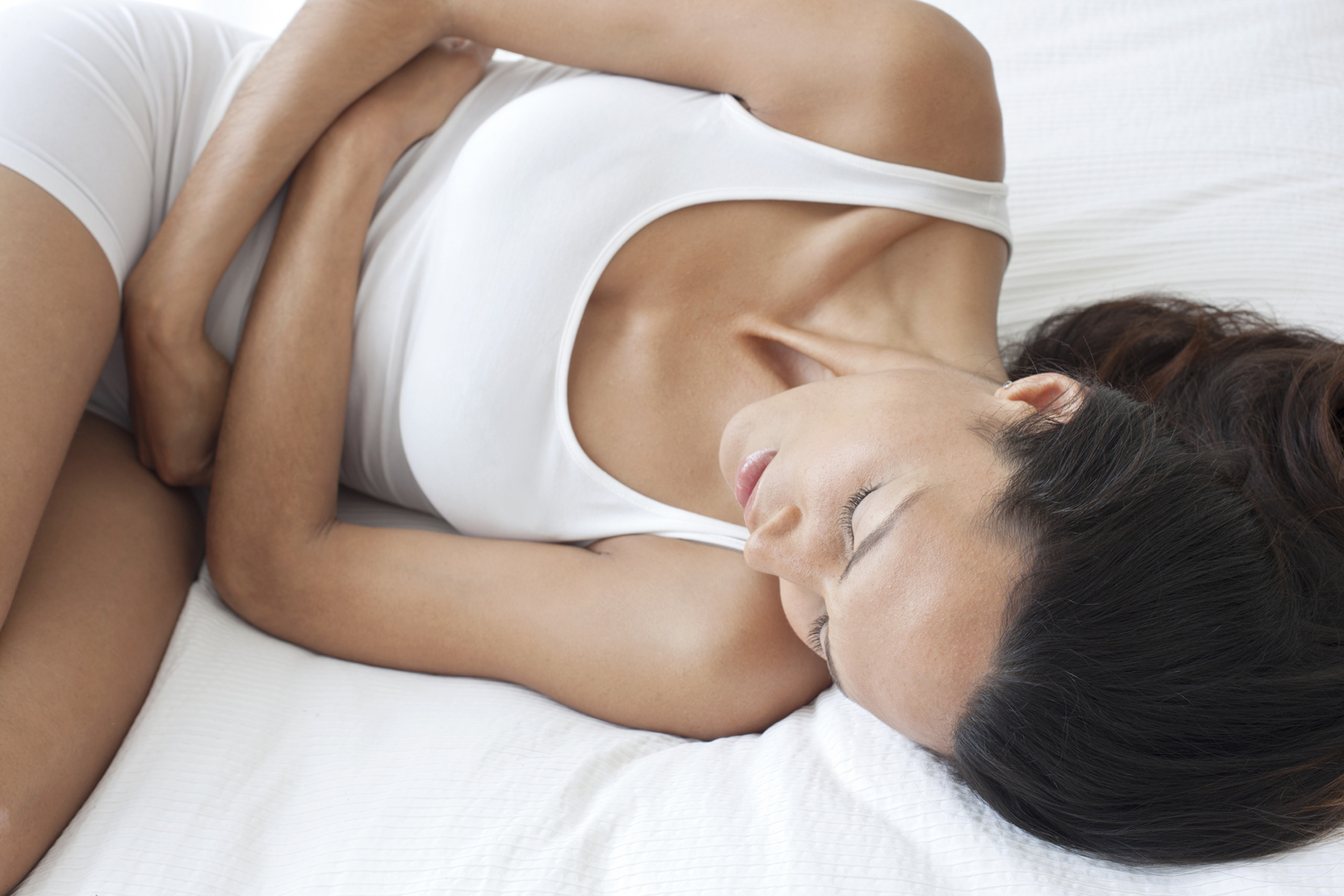Everyone knows about hot flushes and mood swings. But plenty of other changes happen to you when you go through menopause – here’s what you are not always told…
Your heart may skip a beat
Hormonal fluctuations can lead to heart palpitations, which feel like your heart has missed a beat. Heart palpitations can also be a sign of a serious problem, so if the palpitations continue for more than a few minutes, make you feel faint or leave you short of breath, you should see a doctor.
You’ll need Nana naps
Menopause can cause sleep problems – often night sweats keep you awake and can leave you feeling exhausted. You may find yourself needing to grab some shut-eye in the early afternoon to make up for that lost sleep. Try not to have your bedroom too hot or have too many bed covers at night, and don’t look at your phone, computer or other devices for at least an hour before bedtime – the light they emit can make it harder for you to switch off and sleep.
Your joints may ache
The onset of menopause can be a reason for sore joints. About 40% of women going through perimenopause (the stage before menopause where your body is releasing fewer hormones) report having joint pain. Eating foods high in omega 3 fatty acids (such as salmon) or taking omega 3 supplements may help.
Your skin may suffer
When the levels of oestrogen drop in your body, one of the side effects is dryness, which can wreak havoc on your skin, thanks to a drop in oil production. Even if you’ve always had quite oily skin, you may notice your complexion is dry and flaky. You may need to change your moisturiser to a more hydrating version or use more of it more frequently. Drink more water to help hydrate you from the inside out.
You’ll have more bad-hair days
Thinning hair is another of the delightful symptoms of menopause. Those fluctuating hormones that can cause dryness throughout the body may also affect your hair, making it dry and brittle. Hairdressers recommend avoiding harsh chemical treatments such as dyes or perms, which can further weaken strands, and washing with products made for dry hair.
You may grow a spare tyre
Even if you’ve worked hard for years to keep your tummy flat and aren’t doing anything different, you may find yourself sporting a little belly. Again, it’s our changing hormone levels that are to blame. While you may be more prone to putting on weight, it is still possible to stay in shape by increasing the amount of exercise you do (try resistance training, not just cardio) and eating a diet that includes lots of fruit, vegetables, protein and healthy carbs. Cut out sugar and processed foods.
You can still get pregnant
Even if you haven’t had a proper period for months, you could still fall pregnant. You may still be ovulating and if you’re not using birth control and release an egg that happens to bump into some sperm, you could end up with a big surprise! It’s best to consider yourself still potentially fertile until you’ve gone for 12 consecutive months without a period.
Your weight can affect your symptoms
If you’re overweight or obese going into menopause, you may have a rougher time of it. Studies have shown that carrying excess kilos can make some symptoms, such as hot flushes and night sweats, more severe. The same research shows that losing just 5kg may be enough to ease those symptoms.

Pin your hopes
Acupuncture may prove to be a useful weapon against the hot flushes suffered by many women during menopause. US scientists gave a group of women eight weeks of acupuncture treatment and almost half of them reported a 50 per cent decrease in flushes.
Meanwhile, 10 per cent said they had an 85 per cent reduction in episodes that left them feeling hot and bothered.
WATCH: What can be done about Premenstrual Syndrome


